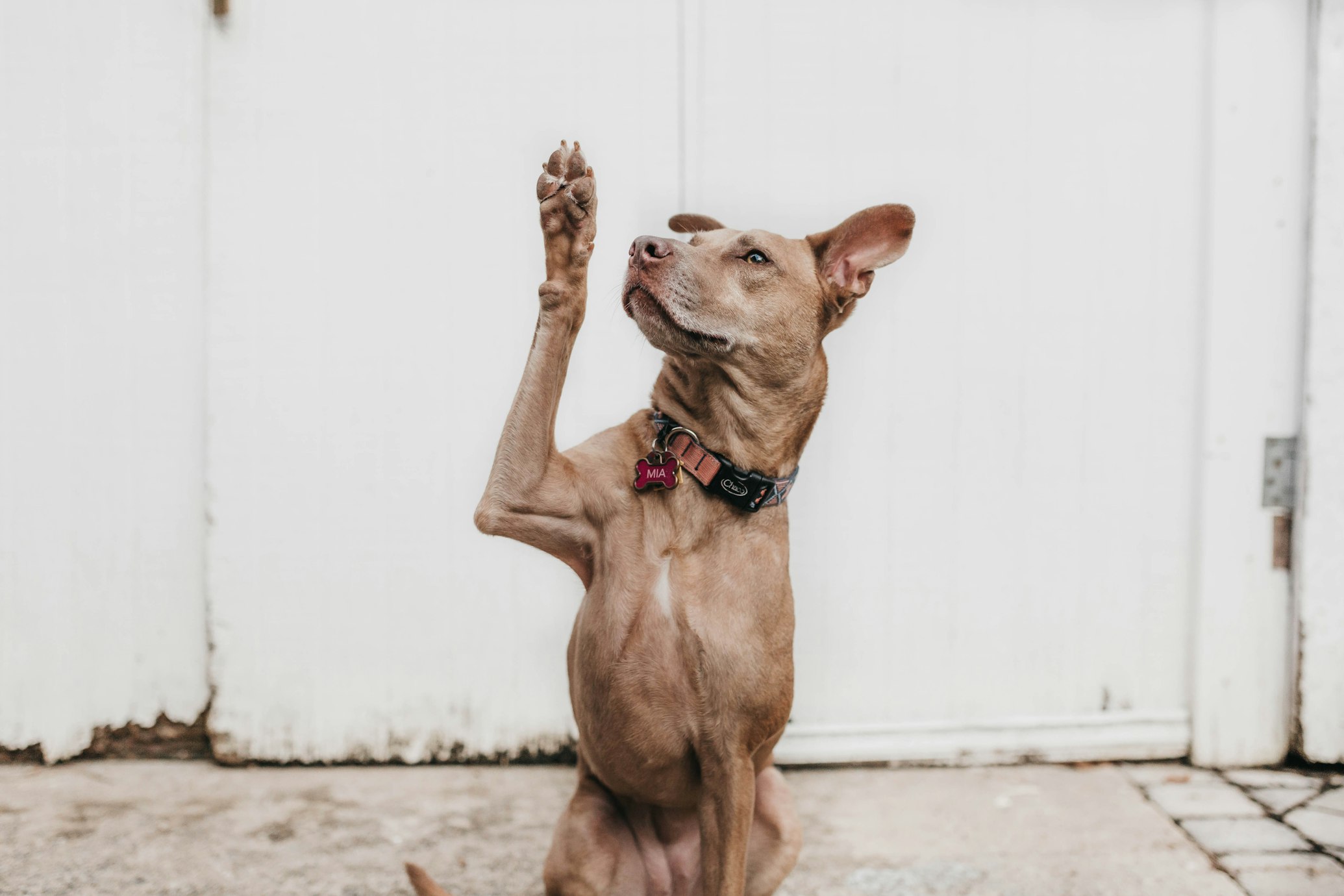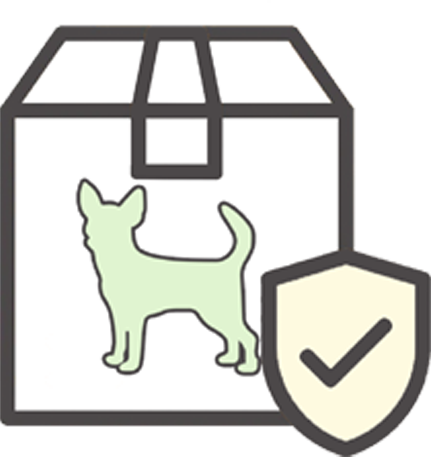What Do You Need to Know about Adopting a Special Needs Dog?
Updated On: Friday, November 15, 2024 10:29:34 AM America/Los_Angeles
Nothing tugs at the heart strings like a special needs animal. It’s near impossible to resist feelings of compassion for a dog with a disability or a chronic illness–so difficult that many decide to give them lifelong care! Yet, it goes without saying that living with a special needs dog does have particular demands. “Special needs” isn’t just a label after all–scheduling additional vet visits and creating an accessible home environment are just some of the adjustments pawrents of these precious canines will have to make. Here are some basics of what you need to know about providing a fur-ever home for a special needs pup!
Photo by Camylla Battani
Accessible Home Environment
Accessibility is critical for having a good quality of life. This isn’t to say that a home with stairs or carpet can’t accommodate a dog with disabilities. Any home can be made accessible as long as the pawrent is willing! In addition to ramps and clear pathways, an indoor dog bathroom will be important for helping special needs pooches with their potty needs.
For instance, having a real grass pee pad like DoggieLawn can be incredibly helpful for fur babies with accessibility needs. DoggieLawn’s natural pet potty is the perfect way to provide a taste of the great outdoors for doggos who may spend more time indoors.
Unique Training Needs
Special needs dogs face unique challenges when it comes to training. Though it will require extra work and patience, the rewards can be ten-fold. You might be surprised to find that special needs doggos can actually be less work in some ways! Chances are, canines with disabilities are past the puppy stage because they’re often less desirable candidates for adoption. However, this also means that you’ll have a more mature and intelligent dog who will be easier to train. Plus, it’s likely that the rescue will have had time to work with the pup to instill good habits and can give you useful insight that may not come with adopting other dogs. Read our post here for potty training tips for pooches with disabilities!
Higher Financial Responsibility
Depending on the disability, the financial burden can be quite high for pawrents of special needs dogs. If it’s a chronic illness or internal condition (e.g. chronic heart failure), keep in mind that annual check-ups at the vet are going to be a bit different from the usual physical. An annual check for these sorts of issues can require x-rays, lab tests, and ultrasounds that could cost a pretty penny.
Appropriate Lifestyle
Having a dog with special needs means that they may require more of your care and attention. While some dogs may fare well with being left alone during the workday, a dog with certain disabilities might not (this, of course, depends on the type of disability). Be aware that you may need to hire a sitter for times when you are away for a while to either help your fur baby go potty or be fed their medication.
In addition, consider the dog’s background and what caused them to become a special needs pup. Is it a birth defect? An accident? The result of an illness? All these things will help you better understand what kind of home environment the dog will need. Keep in mind that many special needs doggos have become disabled due to traumatic injuries, which means a calm, quiet home will be ideal. \
Despite these challenges and accommodations, those who have been lucky enough to share their home with a special needs pooch will tell you that there are fewer things more rewarding. Dogs with disabilities and chronic illnesses not only give us an opportunity to care for an animal in need, they also teach us much about perseverance, trust, and love. Not sure whether or not a special needs dog is right for you? Consider fostering from a local rescue that works with animals who have special needs!


